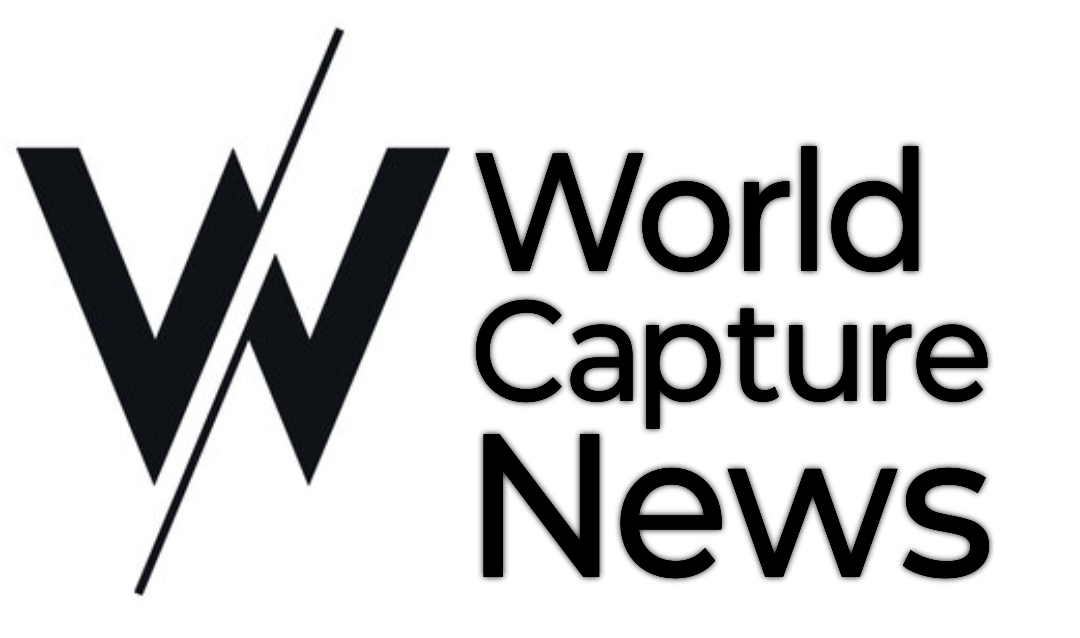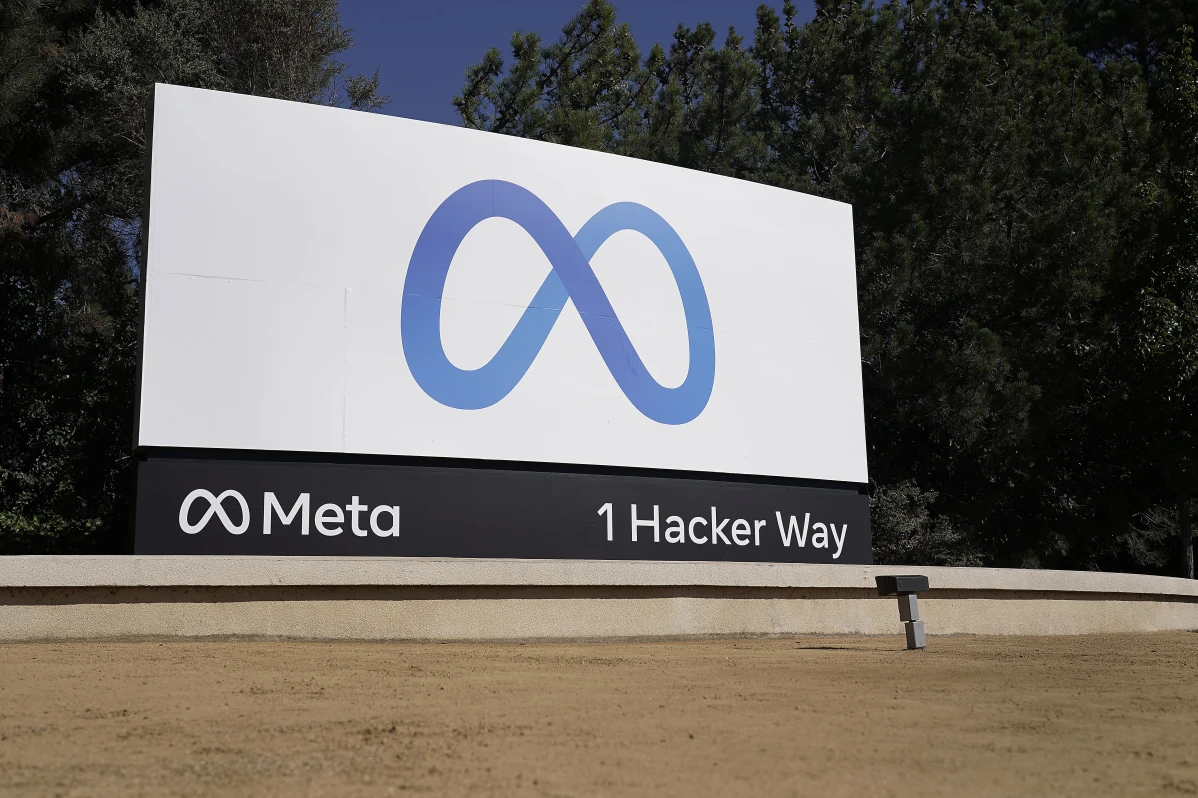According to Meta, on Thursday, a person in China created thousands of fake social media accounts that were made to look like American accounts and were used to spread polarizing political content in an apparent effort to divide the United States ahead of the elections next year.
The organization of almost 4,800 phony records was endeavoring to construct a group of people when it was distinguished and killed by the tech organization, which claims Facebook and Instagram. To give the impression that they were regular Facebook users in the United States weighing in on political issues, the accounts used fictitious photos, names, and locations.
The accounts were used to reshare posts from X, the platform that was formerly known as Twitter, that were created by politicians, news outlets, and others, as opposed to spreading fake content as has been done by other networks. The interconnected records pulled content from both liberal and moderate sources, a sign that its objective was not to help one side or the other but rather to overstate hardliner divisions and further arouse polarization.
The recently distinguished network shows how America’s unfamiliar enemies exploit U.S.- based tech stages to plant dissension and doubt, and it alludes to the serious dangers presented by online disinformation one year from now, when public decisions will happen in the U.S., India, Mexico, Ukraine, Pakistan, Taiwan and different countries.
“These organizations actually battle to construct crowds, however they’re an admonition,” said Ben Nimmo, who leads examinations concerning inauthentic conduct on Meta’s foundation. ” We must remain vigilant because foreign threat actors are attempting to communicate with individuals via the internet ahead of the elections next year.
Meta Stages Inc., situated in Menlo Park, California, didn’t freely connect the Chinese organization to the Chinese government, yet it decided the organization began in that country. The accounts’ content generally complements other Chinese government propaganda and disinformation that has sought to amplify partisan and ideological divisions in the United States. The network would occasionally post about fashion or pets to appear more normal. Some of the accounts abruptly switched out their profile pictures and user names that sounded like they were from the United States for ones that looked like they were from India earlier this year. After that, the accounts started disseminating pro-Chinese content about Tibet and India, demonstrating how fake networks can be refocused on new targets.
Meta frequently focuses to its endeavors to close down counterfeit virtual entertainment networks as proof of its obligation to safeguarding political decision honesty and a vote based system. In any case, pundits say the stage’s emphasis on counterfeit records diverts from its inability to address its liability regarding the deception currently on location has added to polarization and doubt.
For example, Meta will acknowledge paid ads on its site to guarantee the U.S. political decision in 2020 was manipulated or taken, enhancing the lies of previous President Donald Trump and different conservatives whose cases about political decision abnormalities have been over and over exposed. Government and state political decision authorities and Trump’s own head legal officer have said there is no solid proof that the official political race, which Trump lost to Leftist Joe Biden, was polluted.
When questioned about its advertising policy, the company stated that it will reject advertisements that cast unfounded doubt on upcoming contests and is focusing on future elections rather than previous ones.
Even though Meta has announced a new policy on artificial intelligence that will require political ads to include a disclaimer if they contain AI-generated content, the company has allowed other altered videos that were made using more conventional programs to remain on its platform. One example of this is a digitally edited video of Biden in which he makes the claim that he is a pedophile.
“This is an organization that can’t be treated in a serious way and that can’t be relied upon,” said Zamaan Qureshi, a strategy counselor at the Genuine Facebook Oversight Board, an association of social equality pioneers and tech specialists who have been disparaging of Meta’s way to deal with disinformation and can’t stand discourse. ” Pay attention to Meta’s actions, not their words.
On Wednesday, executives of Meta held a conference call with reporters to talk about the activities of the network. This came the day after the tech giant revealed its policies for the upcoming election year, the majority of which were implemented for previous elections.
However, experts who study the connection between social media and disinformation claim that 2024 presents new challenges. In addition to the fact that many large nations will hold national elections, it is now easier than ever to produce audio and video with a lifelike quality that could sway voters.
“Stages actually are not playing their part in the open arena truly,” said Jennifer Stromer-Cookroom, a Syracuse College teacher who concentrates on computerized media.
Stromer-Galley called Meta’s election plans “modest,” but she pointed out that they are very different from the “Wild West” of X. Since Elon Musk bought the X platform, which was formerly known as Twitter, he has removed teams that are focused on content moderation, welcomed back many users who were banned for hate speech, and used the site to spread conspiracy theories.
Leftists and conservatives have called for regulations tending to algorithmic proposals, deception, deepfakes and disdain discourse, however there’s little opportunity of any huge guidelines passing in front of the 2024 political decision. That implies it will tumble to the stages to police themselves intentionally.
Meta’s endeavors to safeguard the political race so far are “a terrible see of what we can expect in 2024,” as per Kyle Morse, delegate chief overseer of the Tech Oversight Undertaking, a charity that upholds new government guidelines for virtual entertainment. ” Congress and the organization need to act now to guarantee that Meta, TikTok, Google, X, Thunder and other online entertainment stages are not effectively helping and abetting unfamiliar and homegrown entertainers who are transparently sabotaging our majority rules system.”
A considerable lot of the phony records recognized by Meta this week likewise had almost indistinguishable records on X, where some of them routinely retweeted Musk’s posts.
Those accounts are still active on X. The platform did not respond to a message seeking comment.
Meta likewise delivered a report Wednesday assessing the gamble that unfamiliar foes including Iran, China and Russia would utilize online entertainment to meddle in decisions. The report noticed that Russia’s new disinformation endeavors have zeroed in not on the U.S. yet, on its conflict against Ukraine, involving state media promulgation and deception with an end goal to sabotage support for the attacked country.
The chief investigator of Meta, Nimmo, stated that any disinformation Russia aims to inject into the political debate in the United States prior to the election in the following year will likely focus on swaying public opinion against Ukraine.
Nimmo said, “This is important before 2024.” We should especially anticipate Russian attempts to target election-related debates and candidates who emphasize their support for Ukraine as the war continues.

